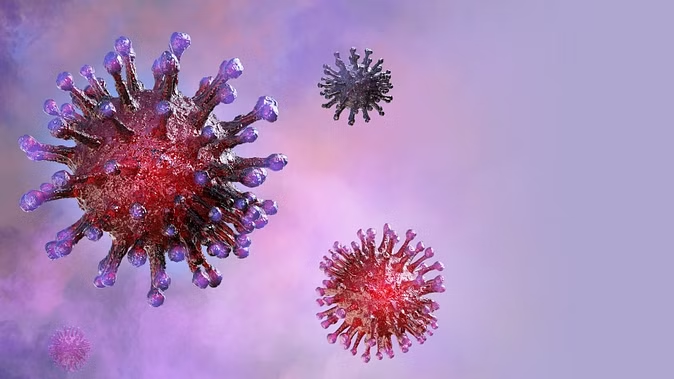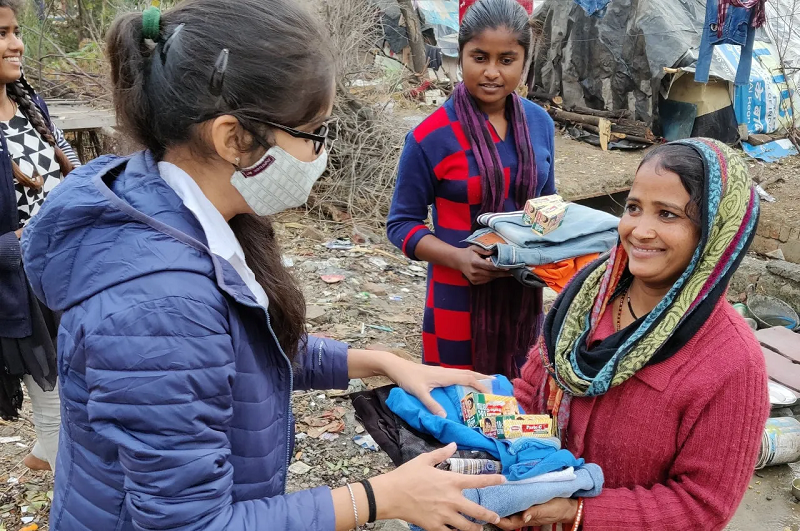In many countries of the world including India, cases of infection due to the new variant of Corona JN.1 are being recorded increasing rapidly. JN.1, believed to be a mutated form of the Omicron variant, is more infectious and easily dodges the vaccine-induced immune system in the body. Given its nature, the World Health Organization (WHO) has classified it as a 'Variant of Interest'.

Studies conducted so far on JN.1 have found that although the risk of developing serious diseases due to it is low, this variant can spread rapidly. Health experts have alerted everyone about the increasing cases of Corona and advised everyone to keep protecting themselves.
Doctors say that due to Corona, the risk of some serious diseases is also increasing, for which it is important to be careful.
Infection is increasing due to new variants
Before knowing about these diseases, know the situation of Corona in the country.
According to the data shared by the Union Health Ministry, the infection has been confirmed in 412 new people in the last 24 hours, with this the number of active cases of corona in the country has crossed 4100.
Health Ministry sources said on Monday that till Sunday, a total of 63 cases were infected with the new JN.1 variant of Corona has been detected, with the highest number of cases reported in Goa. Of the total cases, 34 have been reported from Goa, nine from Maharashtra, eight from Karnataka, six from Kerala, four from Tamil Nadu, and two from Telangana.
Risk of measles and SSPE
Meanwhile, in a program organized by the Department of Neurology, King George Medical University (KGMU), Lucknow, Professor R.K. Garg said, Corona has increased many types of health problems. Due to this, the risk of measles and subacute sclerosing panencephalitis (SSPE) has also increased significantly. During the Covid pandemic between 2020 and 2022, there has been a problem with vaccination for these diseases due to which there may be a risk of these diseases.

How serious is this disease?
Subacute sclerosing panencephalitis (SSPE) is a serious complication caused by the measles virus. However, its cases have been quite rare. The measles virus can be prevented by vaccination; widespread vaccination has largely controlled the problem of SSPE. However, due to disruptions in vaccination over the past few years, measles is at risk of re-emergence in many countries, including India, which has also raised concerns for SSPE.
Risk of brain-related problems
Subacute sclerosing panencephalitis (SSPE) is a long-term problem caused by the measles virus. Sometimes during measles infection, the virus enters the brain. In this situation, the measles virus can also cause brain infection (encephalitis). Not only this, the virus can also remain in the brain for a long time without any problem.
Its risk has been seen to be higher in men than in women. The risk of developing SSPE is highest in people who become infected with measles before the age of 2 years. SSPE usually begins in children or young adults.
(PC: iStock)










